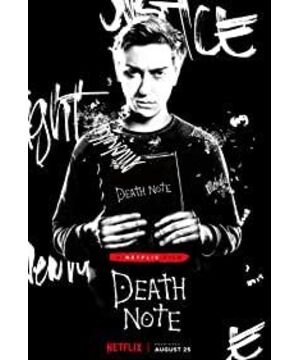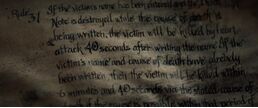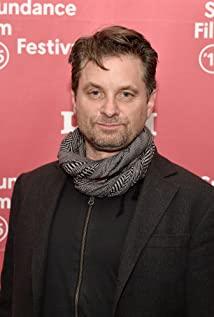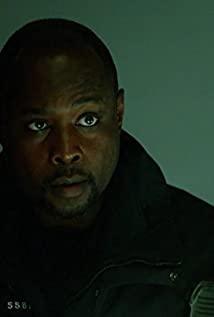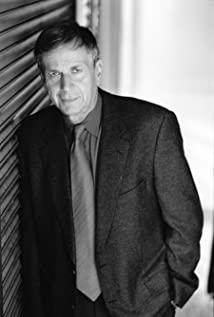Rather than saying that this movie is an adaptation/remake, it is better to say that it is a critique of the various settings of the original. With the premise of Light’s loss of his mother, the story line of campus bullying, and even Lucky’s statement that "just as if it were in a dream" at the beginning, it seemed logical that Light decided to use notes-after all, with all due respect. , The original Ye Shenyue feels like a genius figure imagined by the second and second youth. He actually fights the mentally abnormal. His motive for killing is not so much justice as self-satisfaction. Compared with this version of the movie, Light’s motive is real. It's much more convincing, and it's more like a normal (genius) teenager's reaction. The unexpected joy is Mia. Compared with Mi Haisha, who has been completely materialized and subordinated, this sister paper is really quite atypical, and the final two confrontations with Light are quite playful. The conflict of values between Light and father, and L, and Mia all have potential. Unfortunately, the movies are all covered in one stroke. It made my heart broken when I watched it. (You have the ability not to end the conversation between father and son in front of the hospital bed! Ah? Ah?!) Even in a sense, the movie talks about the conflict of ideas between Light and the people around it, but it does not point out Light alone. What do I think specifically, this nominal protagonist, from refusing to kill the agents to designing the Ferris wheel, has a lot of ups and downs, and the turning point is unprepared. The L who has not suddenly taken the gun is convincing, let alone. Mia's ball is blackened.
This talks about L—I was amazed as soon as my little brother came out. Even though the movie has been cut from the left and right, in the limited time of the confrontation between L and Light, the shaping of L can be said to be quite cool. Then the climax came-I will forgive the confrontation at the coffee shop for the time being, because the tension in this scene is good, don't you think Watari will be affected if you declare war rashly? The movie hurriedly took L and Watari's feelings (it feels a bit like slavery, IMHO) and L's emotional explosion, directly cutting off his thinking, reasoning and reflection, and arranged a revenge climax for him. The words of Emotion L Cafe are all in vain? I understand that in order to tell the story, the film must let him collapse, and even "should kill people in areas beyond the reach of the law" is itself a topic it is discussing, but can it provide some foreshadowing? As far as the rhythm setting has been done in one stroke, I am not at all curious whether L will write the name of Light, because the scene when he picks up the pen is the whole OOC (for this movie's L).
All in all, the characterization of this movie is great, but in the end it was reduced to a large trailer-style montage. It can be said that it is very irritating not to do it. The actual three-star compensation scores five stars.
View more about Death Note reviews


